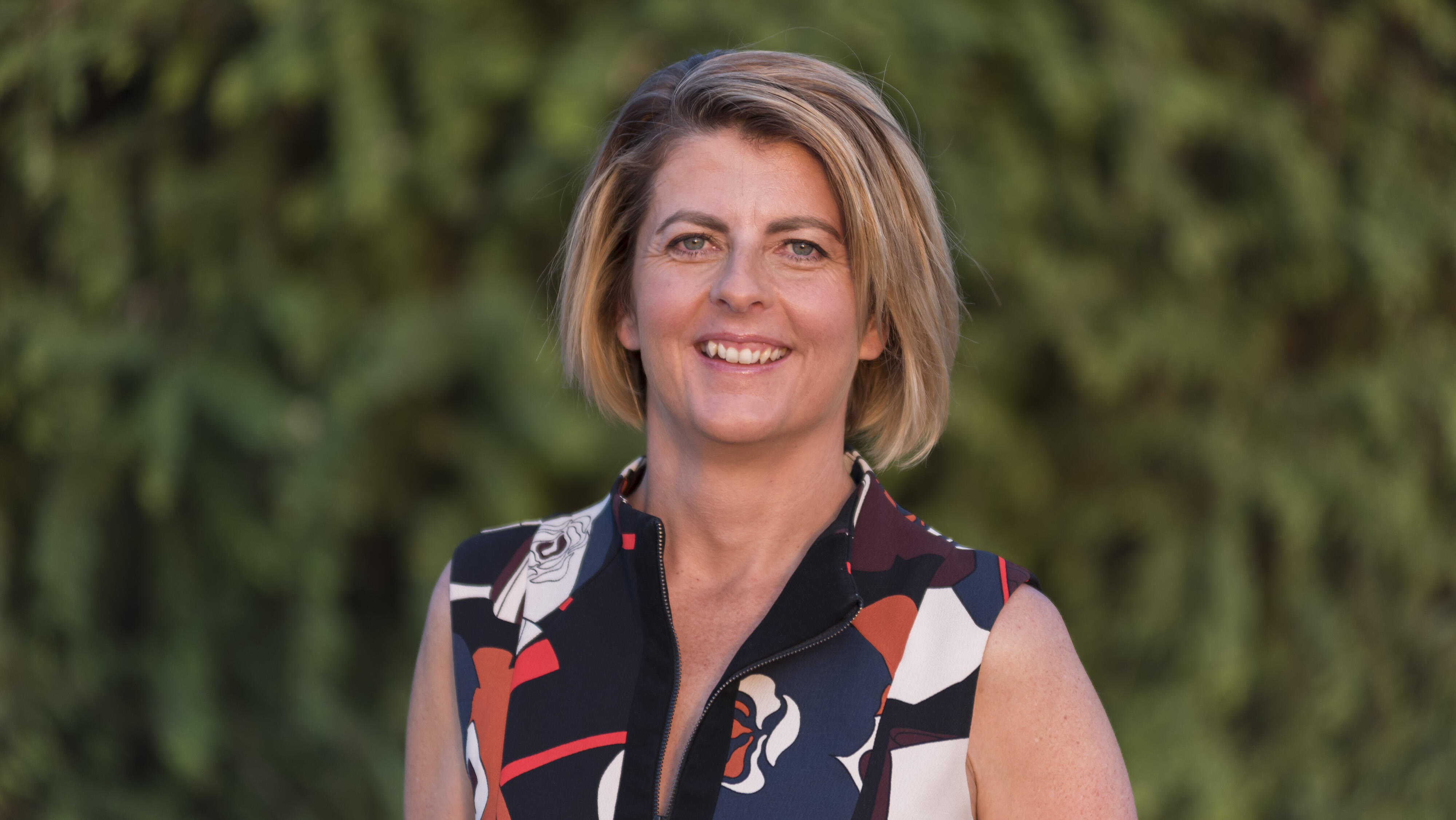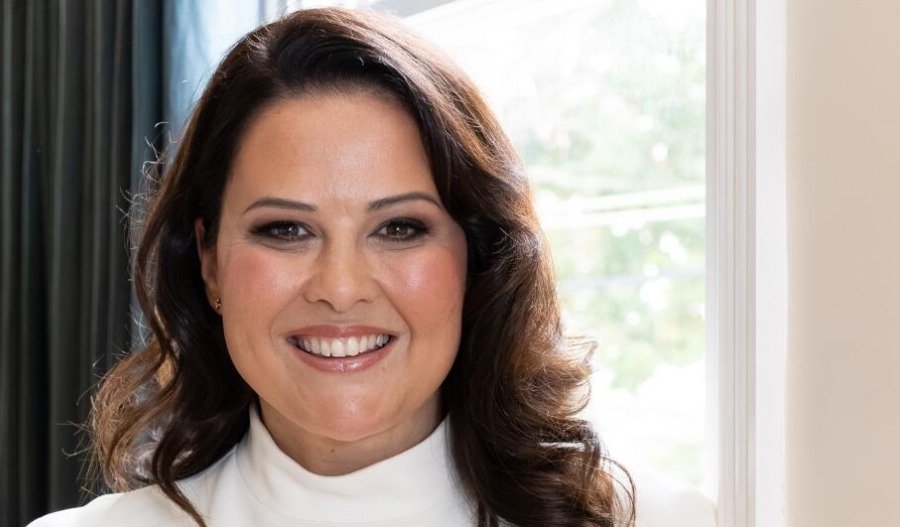Kirrily Dear decided to take her business experience and apply it to charity work to give back to the community.
Around a decade ago, Dear founded volunteer-based charity Run Against Violence to raise awareness and funds for domestic violence prevention.
Among the G20 nations, Australia ranks eighth for the rate of domestic violence against women, according to OECD and Dear was inspired to take action in 2012 while hearing about domestic violence on the news.
“It was during that news cycle that I heard the statistic of one woman a week being murdered and over the, you know, the subsequent months and learning more about the problem,” she said.
“Up to that point, I'd been largely oblivious that we had an issue with domestic and family violence in Australia.”
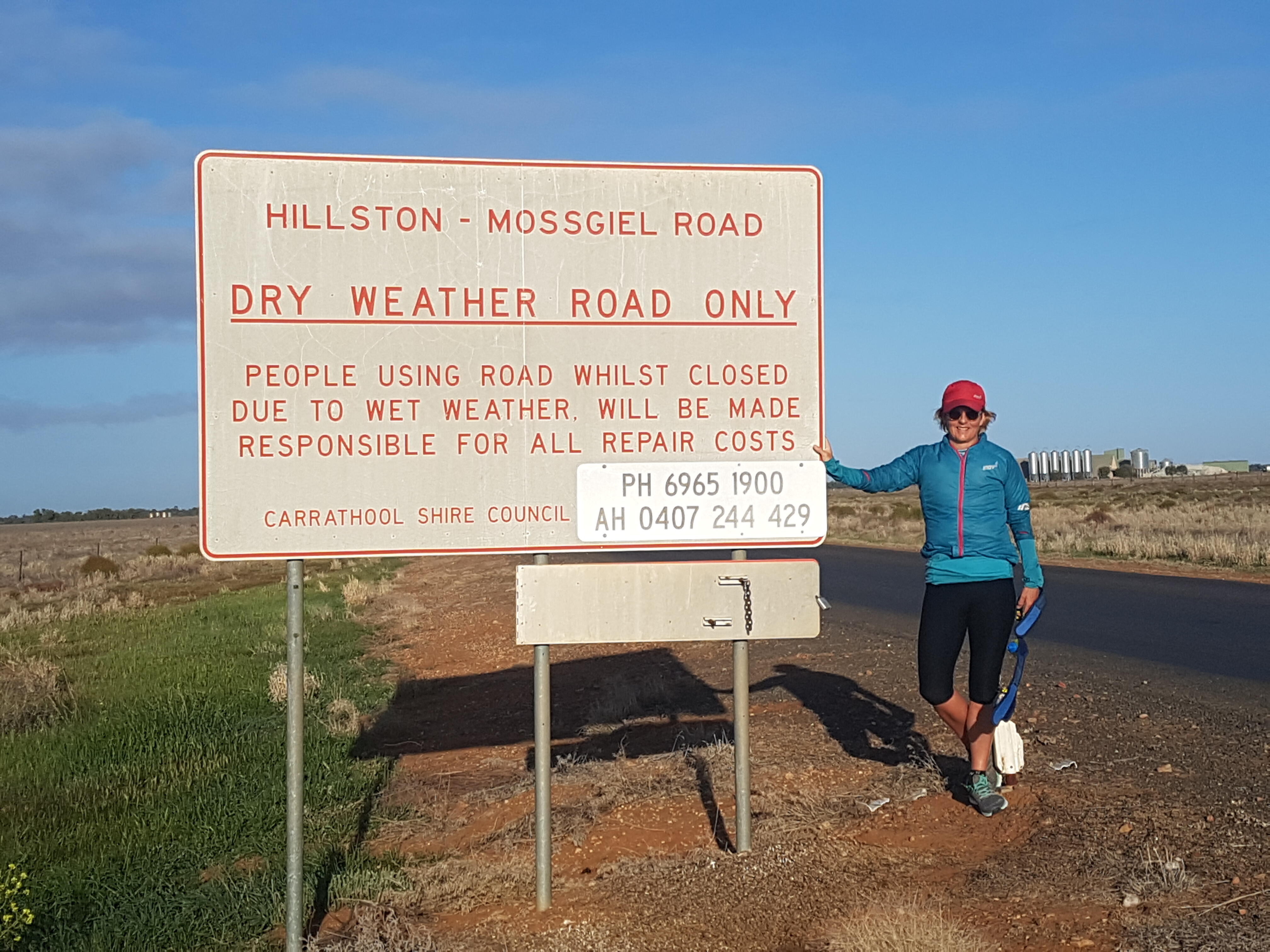
Her activism started with the success of the White Ribbon Ultra Marathon in 2014, where Dear ran 860km over 12 days.
“I ended up doing a charity run in 2014, and it was during that charity run that I met a young man who had grown up with horrific violence in his home,” she said
“It was really the conversation I had with him that became a turning point. I then decided to use everything that I had within my abilities and within my reach to be able to address the issue.”
Since then, it has become a yearly challenge where people in teams of up to 20 attempt to cover 1,300km, with this year’s challenge taking place between Saturday, 30 August and Wednesday, 17 September.
Standing out
The Australian Charities Report, 11th edition, found that charities were a key driver for the Australian economy.
In 2023, charity revenue rose by 10.7% to A$222 billion and surpassed the A$212 billion in expenses.
Raising A$100,000 in 2024, Run Against Violence is categorised as a small charity.
Small charities are those that reach an annual revenue of under A$500,000 and make up 73.5% of all charities.
Run Against Violence also joins the 52.1% of operating charities with no employees or paid staff, as it is all volunteer-based.
Dear said that at first, this was a challenge when she was working and training as an ultramarathoner, but it has since become easier as she transitions into semi-retirement.
“It was really tough, and there were periods where I couldn't do anything on it,” she said.
“You have to be willing to be patient and just do whatever we can not get fixated with what it's a huge journey ahead of us.”
But she also said having 30 years of experience as a business strategist was invaluable in getting the charity off the ground.
Through a strategic mindset, Dear found that the two major components of addressing domestic violence are education to create long-lasting change and creating a clear picture of what prevention looks like.
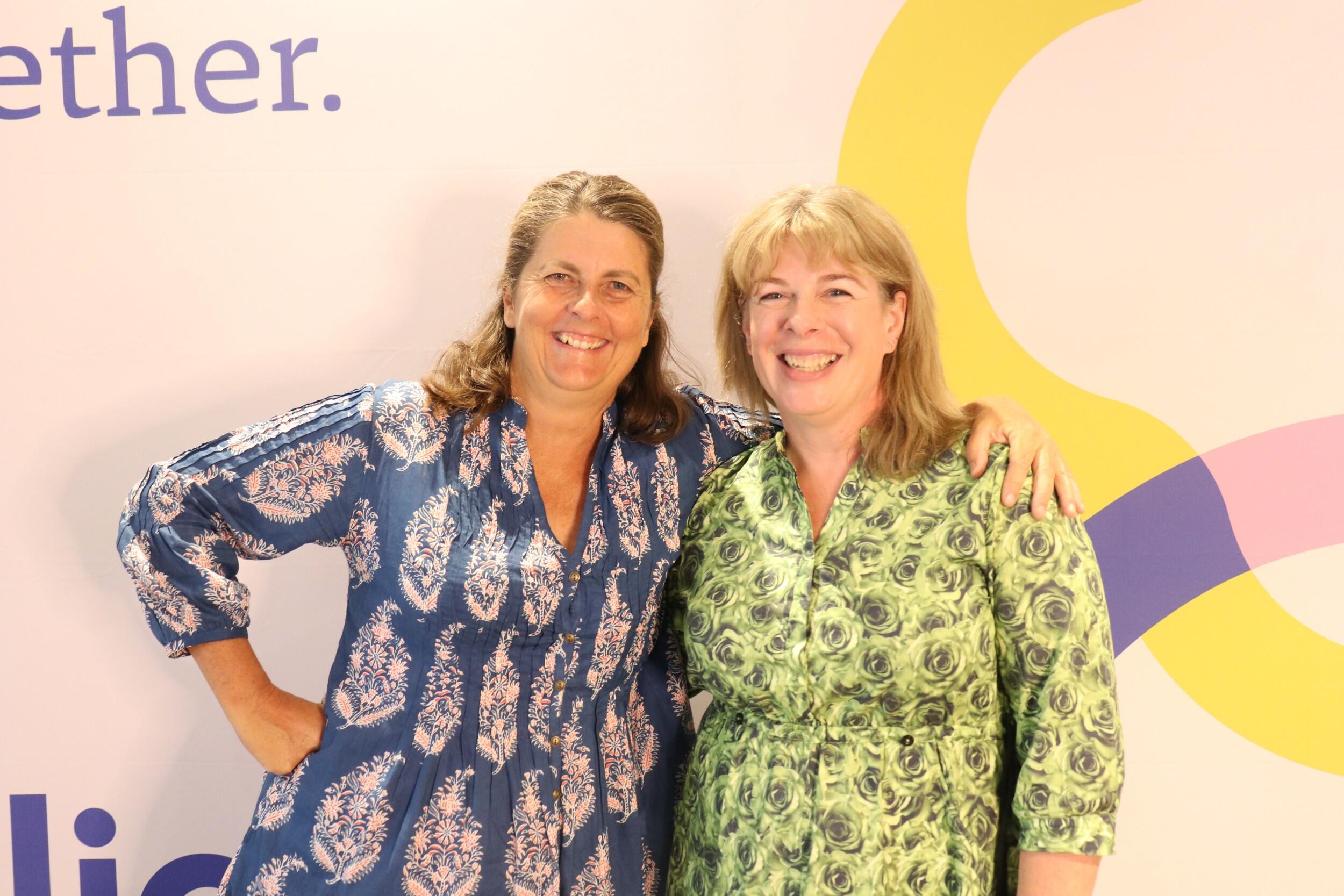
This led to her zero DFV strategy, where she created Click Collab, a current pilot that supports communities to become free of domestic and family violence through community-led programs.
“Run against violence is the community mobilisation piece, and it was from that and all the hundreds and hundreds of conversations that have happened in the delivery of that event that have then led to click collab,” she says.
“And click collab is then the page around helping communities unify their efforts and understand all the work that needs to go on in order to prevent domestic and family violence from occurring.”
Dear also said her business background has allowed her to look at the logistics of a charity from different perspectives,
“Being a business strategist and coming from the private sector, not having grown up in terms of career-wise, within the domestic family and violence sector, gave me that completely different lens,” she says.
“It showed me and I could understand how to address the problem and build the business, build the structures that enable that to be delivered.”
Where does the money go
Over the past five years, Run Against Violence has raised A$500,000 for the National Association for Prevention of Child Abuse and Neglect’s educational program Love Bites.
Love Bites is a Respectful Relationships Education Program based on a trauma-responsive framework shaped by research with ACU and guided by the experiences of young survivors.
With 100% of funds raised going towards Love Bites, Dear said this highlights a key difference in accountability between business and charity work.
“In your own company, there's obviously still governance in place, but you can have more discretionary spend, more flexibility with how money gets spent within a charity space,” she says.
“When we take donations, for instance, and we say those donations are going to get spent on something, we have a legal and a moral obligation to make sure that happens.”
Room for growth
While the charity already has a national footprint, Dear said she would like to see it continue to scale up.
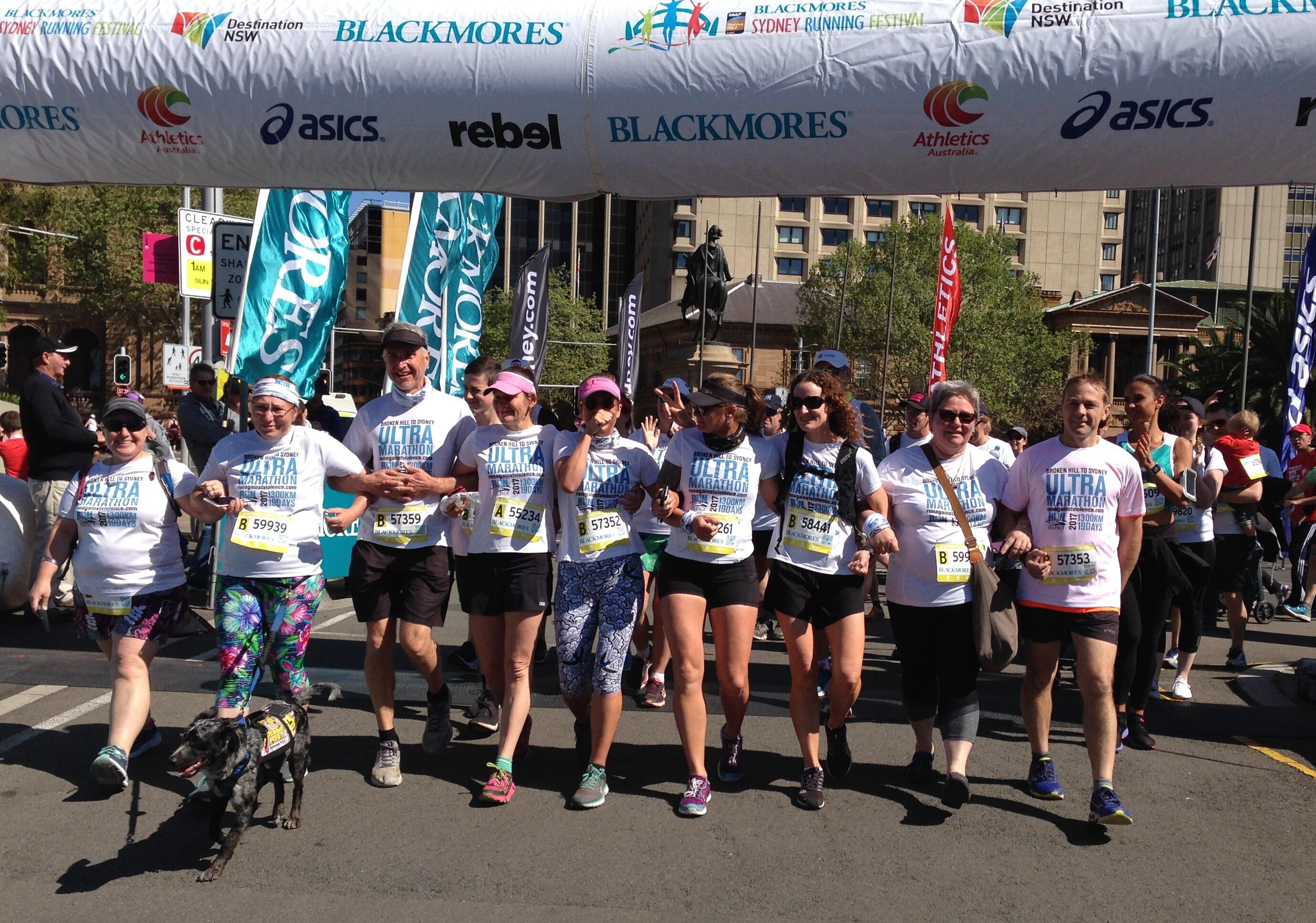
Already, it has participants from the USA, Ireland and Canada and 10,000 to 15,000 across Australia, but she would like to see this grow to 100,000 a year.
“We would love to make it the largest participation event in Australia, because that would generate sufficient revenue to really drive change within primary prevention and fund these projects that are getting roadblocks for unnecessary roadblocks,” she says.
As for Click Collab, it is currently in its second pilot, and Dear says she would like to roll it out across New South Wales and then nationally over the next five years.
